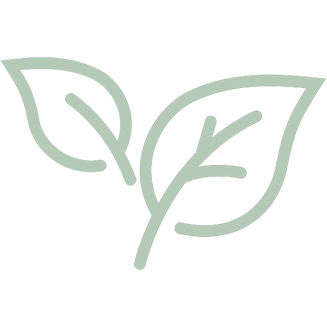What is Inquiry?
In our last post, we discussed the road to inquiry, detailing some of the steps that educators may take towards implementing lines of inquiry, or projects. But just what is inquiry learning, and why is it a feature of the educational programs at Flinders? Put simply, inquiry learning is a child-centred approach to learning, where children’s questions or interests become an ongoing focus for learning. Educators centre children’s questions or interests by providing a range of experiences, resources and texts that offer support or extension of ideas. Inquiry approaches recognise that children are active participants in their learning, which is fundamental to the image of children presented in the Early Years Learning Framework (EYLF). This means that children have a right to make decisions about what they are learning. In Outcome 4, the EYLF states; Children develop a range of skills and processes such as problem solving, inquiry, experimentation, hypothesising, researching and investigating (p35) The EYLF further elaborates that educators support this learning when they; provide babies and toddler with resources that offer challenge, intrigue and surprise, support their investigations and share their enjoyment provide opportunities for involvement in experiences that support the investigation of ideas, complex concepts and thinking, reasoning and hypothesising encourage children to make their ideas and theories visible to others (p35) Through engaging in inquiry, children develop skills closely associated with scientific thinking, but learning in early childhood is not limited to particular content areas. Children’s learning is fundamentally holistic and intertwined; the scientific skills developedRead more
